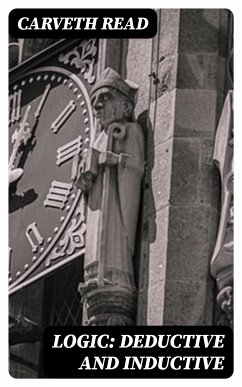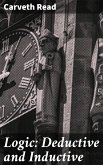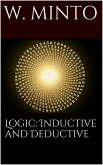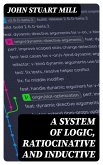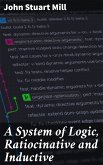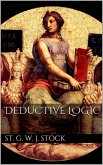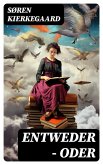In "Logic: Deductive and Inductive," Carveth Read delves into the fundamental principles of logical reasoning, meticulously distinguishing between deductive and inductive methods. The book employs a clear and accessible literary style, seamlessly blending theoretical exploration with practical examples to elucidate complex concepts. Read engages with historical and contemporary philosophical discourse, offering insights into the evolution of logic as both a discipline and a tool for critical thinking. This work serves not only as a textbook for students but also as a reflective piece for anyone interested in the structure of reasoning and its implications in everyday life. Carveth Read, a notable figure in early 20th-century philosophy, was deeply influenced by the work of his contemporaries and predecessors in logic and epistemology. His academic pursuits were rooted in a desire to democratize philosophical thought, making it accessible to a broader audience. Read's passion for education and clarity in thought is evident in his writings, which often sought to bridge the gap between abstract philosophical theories and practical applications. I highly recommend "Logic: Deductive and Inductive" to students, educators, and enthusiasts of philosophy. This book not only enhances one's understanding of logical frameworks but also encourages critical engagement with ideas. Read's rigorous approach and clarity make this an indispensable resource for anyone looking to refine their reasoning skills.
Dieser Download kann aus rechtlichen Gründen nur mit Rechnungsadresse in A, B, BG, CY, CZ, D, DK, EW, E, FIN, F, GR, H, IRL, I, LT, L, LR, M, NL, PL, P, R, S, SLO, SK ausgeliefert werden.

